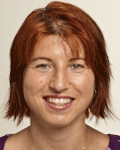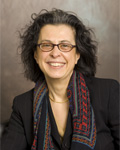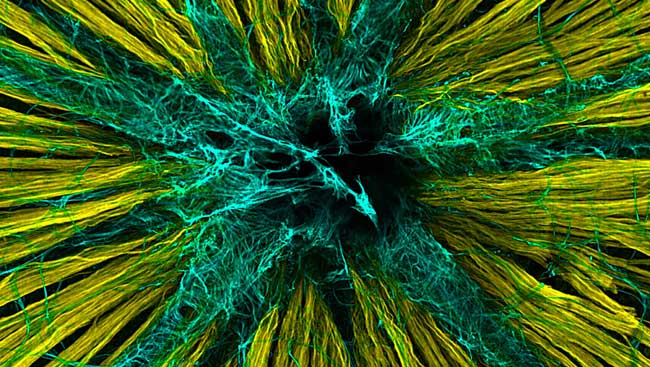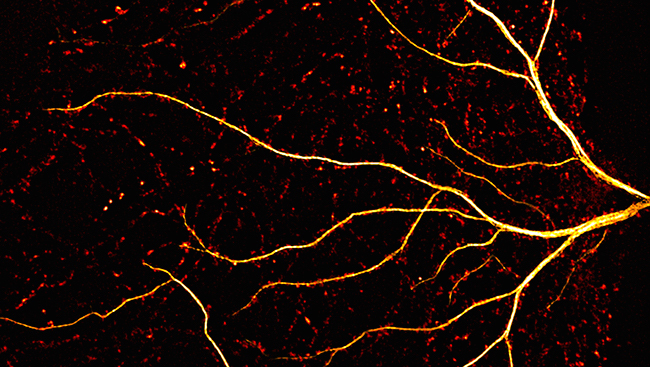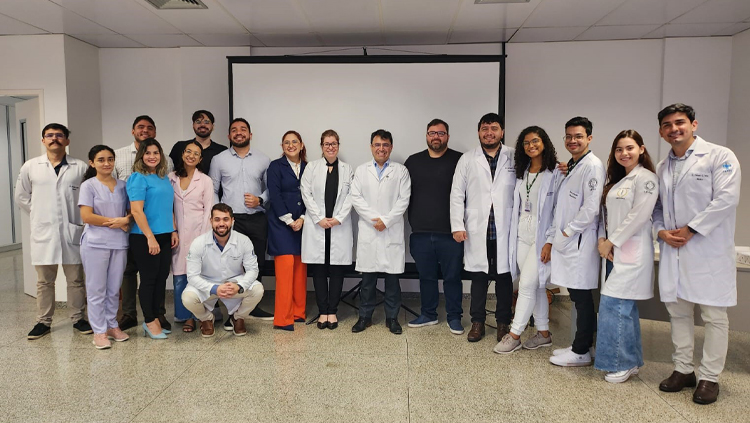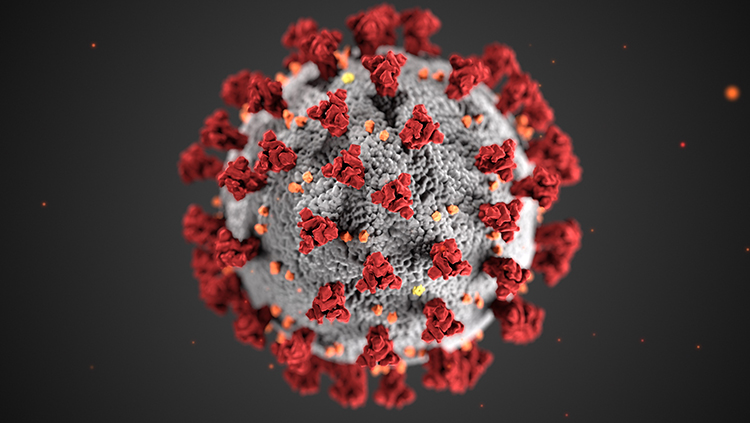There has been an explosion of interest in using induced pluripotent stem cells (iPSCs) to model human disease and human development. The excitement over the obvious benefits may need to be tempered with caution concerning unanswered questions about the validity of various disease models as well as concerns over technical issues. With this burst of new information comes an opportunity to take stock of the landscape and integrate the findings into an updated, modern view of human disease exploration.
The aim of the 2013 Neurobiology of Disease workshop at the Society for Neuroscience’s annual meeting was to help frame important unanswered research questions related to iPSC-based disease modeling, and to stimulate the interest and understanding of investigators new to the field.
The Neurobiology of Disease Workshop provides students and early-career scientists with in-depth overviews of diseases of the nervous system.
Speakers
Jon Bernstein, MD, PhD
Jon Bernstein is the director of the Stanford Medical Genetics Residency Program and is an assistant professor of pediatrics (genetics) at Lucile Salter Packard Children’s Hospital. His interests include the genetics of autism and other developmental disorders. In collaboration with colleagues at Stanford, he is working to develop induced pluripotent stem cell models of genetic disorders associated with developmental disability. He is also engaged in the application of new technologies (whole genome sequencing, multi-omics profiling) for the diagnosis of developmental disorders.
Ricardo Dolmetsch, PhD
Ricardo Dolmetsch is global head of neuroscience at the Novartis Institutes for BioMedical Research. His group is responsible for developing medicines to treat neuropsychiatric, neurodevelopmental, and neurodegenerative diseases. It focuses on targets and mechanisms that have been validated in humans , either by human genetic studies or by astute clinical observations. Dolmetsch joined Novartis from Stanford University, where he was a professor and continues to be an adjunct professor at Stanford Medical School. He was also a senior director at the Allen Institute for Brain Science, where his group studied the molecular basis of autism and other neurodevelopmental disorders. He received his undergraduate degree from Brown University and his graduate degree from Stanford University, and was a postdoctoral fellow at Harvard University.
Kristen Brennand, PhD
Kristen Brennand is an assistant professor of psychiatry and neuroscience at the Icahn School of Medicine at Mount Sinai. A stem cell biologist, she is focused on developing in vitro models for schizophrenia in order to identify novel insights into the molecular and cellular phenotypes of mental illness.
Lorenz P. Studer, MD
Lorenz Studer is the director of the Center for Stem Cell Biology and a member of the developmental biology program at the Memorial Sloan Kettering Cancer Center. His lab has established many of the currently available techniques for turning pluripotent stem cells into the diverse cell types of the nervous system. His primary research interest is in regenerative medicine, and he leads a multidisciplinary consortium to pursue the clinical application of human stem cell-derived dopamine neurons for the treatment of Parkinson's disease.
Ole Isacson, MD, PhD
Ole Isacson is a professor of neurology and neuroscience at Harvard Medical School and founding director of the Neuroregeneration Research Institute/Neuroregeneration Laboratories at McLean Hospital. He is the principal investigator and chair of NIH’s National Institute of Neurological Disorders and Stroke Parkinson’s Disease iPS Cell Research Consortium. Isacson’s research aims to provide novel technology and biological insights beyond currently available drug therapies for Parkinson’s disease. Isacson is editor-in-chief of Molecular and Cellular Neuroscience and a member of several editorial boards. He is also a member of The Michael J. Fox Foundation’s Scientific Advisory Board.
Lisa Ellerby, PhD
Lisa Ellerby is an associate professor at the Buck Institute for Research on Aging. She is an expert on cell death in neurodegenerative disorders such as Huntington's disease. Ellerby and her Buck colleague Robert Hughes recently discovered a new lead to potential drug therapies for Huntington's disease by focusing on the huntingtin protein (Htt). In 2010, Ellerby was one of the lead authors of a Neuron cover article about this research. The Ellerby lab is also exploring possible methods to stimulate the growth of new nerve cells to replace those lost in Huntington’s disease sufferers.
Flora Vaccarino, MD, PhD
Flora Vaccarino is a professor at Yale University School of Medicine. Her lab studies mouse and human neural stem cells and their role in development and repair. She and a group of colleagues recently founded the Program in Neurodevelopment and Regeneration to harness the power of induced pluripotent stem cells for understanding individual variation in neurodevelopment and the pathophysiology of neuropsychiatric disorders.


